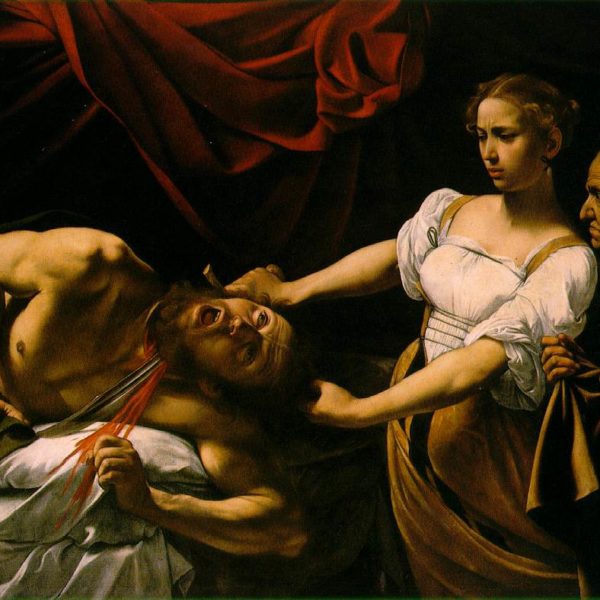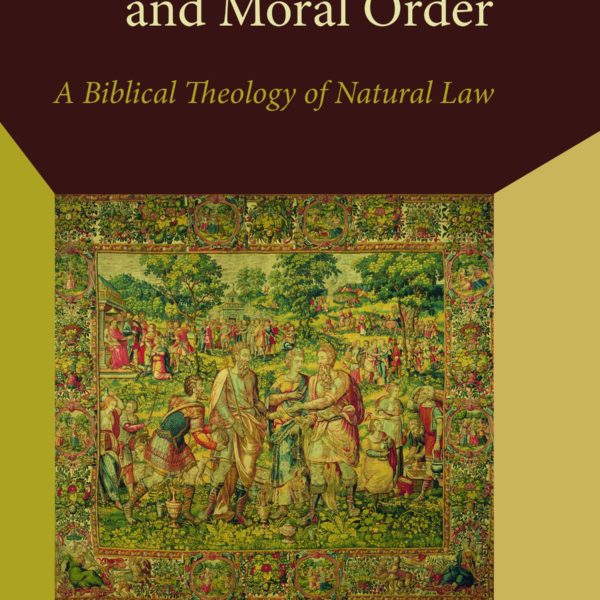
Because of its deployments within white supremacist and heteronormative projects, the natural law has not been seen as a partner in liberative ethical projects. Considerations with respect to José Muñoz’s concepts of disidentification and brownness, however, allow for a rapprochement between queer-of-color epistemologies and a Thomistic epistemology of the natural law.

Later Calvinist texts, like the famous Vindiciae, Contra Tyrannos, would go further than the Reformer and claim natural law defenses for resistance.[1] I want to contend that Calvin’s principles provided a basis for this kind of argument, even though Calvin did not take this route in his own thinking. And the place to begin this line of argument, I think, is with his comments on the sixth commandment.
With conservative and evangelical ethicists falling dramatically off the anti-gay-marriage bandwagon at a remarkable pace, superstar theologian David Bentley Hart’s essay “Is, Ought, and Nature’s Laws” last month in First Things came like a spark on a dry pile of tinder. Challenging the optimism of many contemporary Catholic thinkers (and recently many evangelical thinkers as well) that natural law arguments can provide a convincing, broadly-appealing basis for opposition to gay marriage legislation, Hart provoked a tide of responses and counter-responses in the blogosphere, which continues even now. For at stake in Hart’s remarks were not merely how conservatives should and shouldn’t engage in gay marriage debates, but the nature of the public square and of natural law itself, the foundation upon which so much Christian political theory has been built over the centuries.
Rather than attempting to weigh in with yet another contribution to the wide-ranging debate, I will merely seek to provide here something of an annotated catalogue of the more significant blasts and counter-blasts
Few figures in the history of theology can boast as contested a legacy as Richard Hooker, the purported forefather of a protean via media that is redefined with dizzying frequency. Until recently, many readings of Hooker suffered from the insularity that characterized much of Anglican historiography, doggedly committed to the assumption that England had its own history, blissfully independent from goings-on on the Continent. So when historian Torrance Kirby suggested that in fact, Richard Hooker should be read as a theologian of the magisterial Reformation, he touched a raw nerve among Hooker scholars, generating a hostile backlash that, after two decades, shows no sign of letting up. Perhaps tellingly, none of the responses to Kirby and his followers has bothered to engage the thesis at the heart of his re-interpretation, that Hooker’s theological response to Puritanism rested throughout on his Protestant—indeed, Lutheran—two-kingdoms doctrine…



